
Retirement is a time to shift focus from managing possessions to enjoying time and space. Letting go of what’s no longer needed can make daily life simpler and more intentional. Here’s a look at 20 items you can clear out to create a lighter, clutter-free routine that supports peace of mind and freedom.
Outdated Financial Documents

Many retirees hold on to tax returns, receipts, and statements long past their usefulness. The IRS only requires tax records to be kept for three years, except in specific cases like bad debt deductions, which require seven years. So, shredding old paperwork helps prevent identity theft and frees up storage. You should also prioritize digitizing essential records for secure and searchable access.
Unused Credit Cards
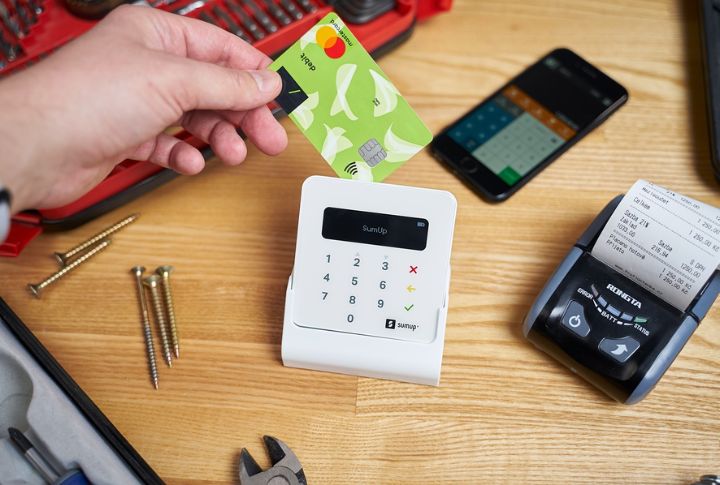
Multiple unused credit cards increase vulnerability to fraud without offering any real benefit in retirement. An increase in available credit can help lower your credit utilization ratio, improving your credit score. While closing old accounts may reduce credit age, it simplifies financial management. It also helps you keep only cards with favorable terms and that are actively used.
Unfinished Projects
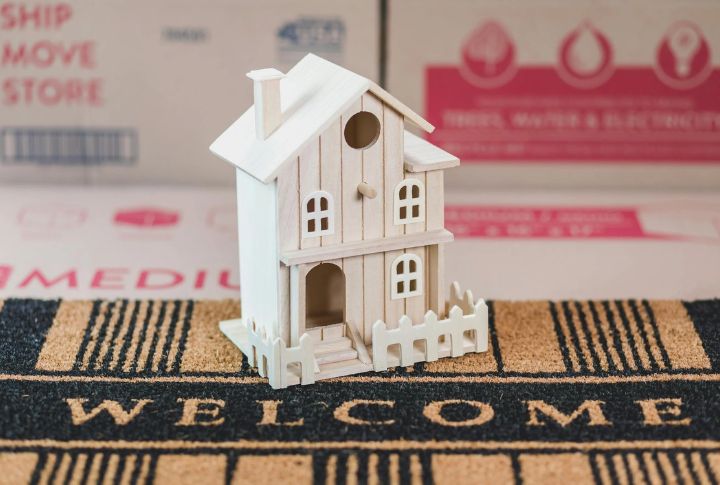
Half-done craft kits, DIY furniture, or photo albums often linger for years without progress. They can create lingering stress and occupy valuable space. If the motivation to proceed hasn’t returned in months, it likely won’t. So, free yourself by donating usable materials or discarding incomplete ones responsibly.
Expired Medications

Medicine cabinets often hide prescriptions that are months or years out of date. Expired medications lose potency and, in some cases, become toxic or cause harmful interactions. For safety reasons, the FDA advises against using medications beyond their expiration dates. Therefore, dispose of them at authorized drop-off locations, not in the trash or toilet.
Formal Work Clothes
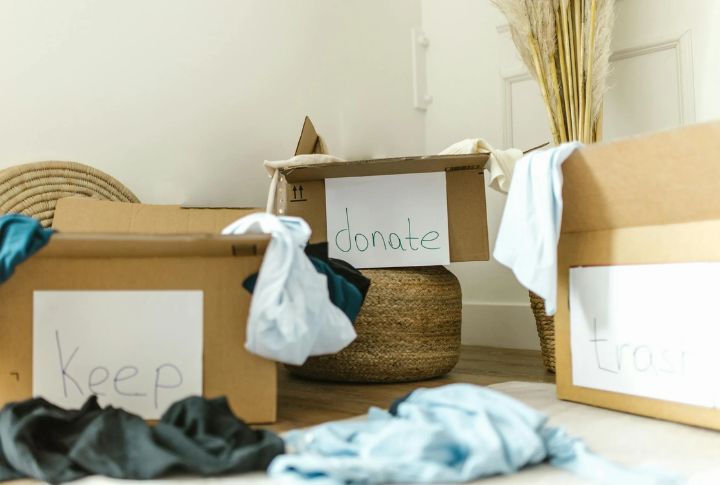
Tailored suits, blazers, and business shoes are rarely necessary after retirement, yet many people keep them “just in case.” These items occupy valuable closet space and may no longer be suitable for current lifestyle needs. Your unused wardrobe could help someone re-enter the workforce, so consider donating it to charities like Dress for Success, which accepts professional clothing donations.
Duplicate Kitchen Gadgets
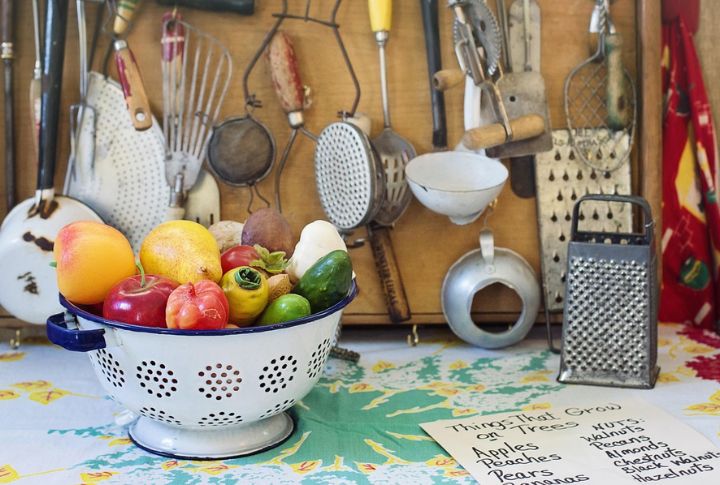
Kitchen drawers are often cluttered with extra peelers or that second garlic press. Downsizing these duplicates can clear up space and simplify meal prep. Many people use only a small percentage of their kitchen tools regularly, as noted by organizing experts. Therefore, donate or recycle what doesn’t make the cut.
Old Electronic Devices
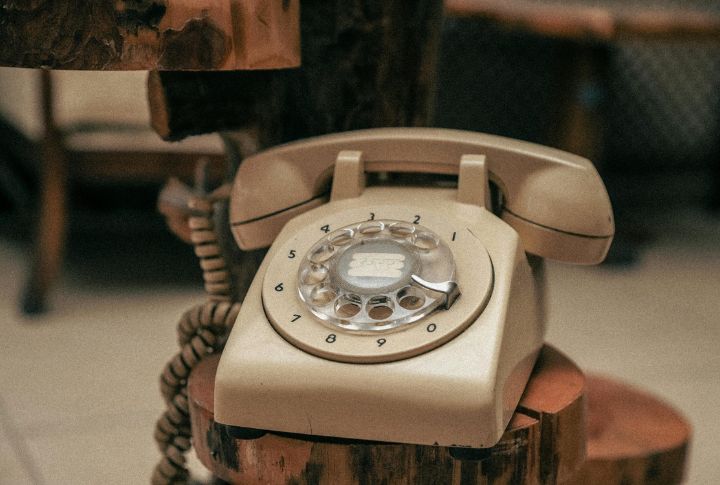
Obsolete phones and tablets pile up quickly and serve no purpose once replaced. These gadgets can contain sensitive data and hazardous materials like lithium and mercury. Recycling these can prevent environmental damage and identity theft. Businesses like Best Buy and Staples offer secure electronics recycling at many locations nationwide.
Excess Furniture

Large furniture pieces that once filled family homes may overwhelm smaller retirement spaces. Also, oversized sectionals, extra dining chairs, or unused guest beds reduce mobility and increase the risk of trips and falls. According to the CDC, one in four Americans aged 65+ falls annually. Instead of cluttering your living space, prioritize open layouts and functional pieces.
Hobby Supplies No Longer Used

Hobbies evolve, and not every phase needs to be stored indefinitely. Half-finished scrapbooks or outdated knitting patterns can clutter your space and hinder mental clarity. Keeping only what you actively enjoy makes room for new interests. You can also pass the items on at community centers or online marketplaces.
Large Sets Of Dishware

Twelve-piece place settings and stacks of serving platters aren’t necessary for most retirees. Downsizing dishware reduces cabinet clutter and eases kitchen maintenance. Fewer dishes also support energy savings by encouraging more efficient dishwasher loads. Consider keeping only enough for routine use and occasional guests.
Old Manuals And Warranties

Stacks of appliance manuals and expired warranties are largely redundant in the digital age. Most manufacturers now host current manuals online for free access. Instead of holding on to paper versions that waste drawer space and complicate finding what’s relevant, you can scan essential warranty information and recycle the rest.
Exercise Equipment Gathering Dust
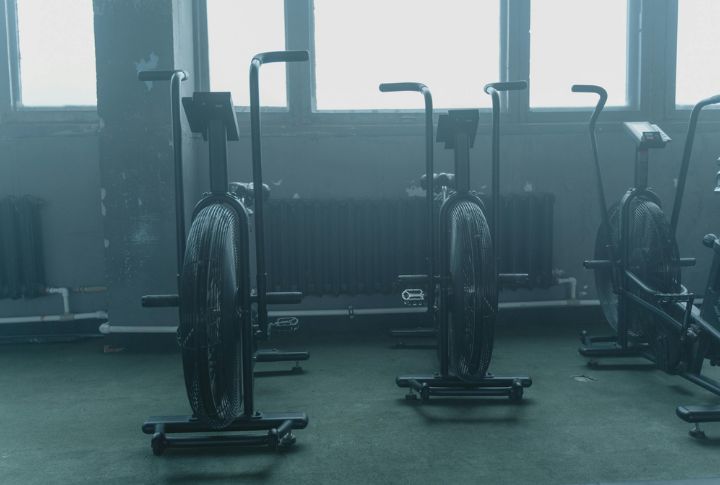
Treadmills and stationary bikes often collect dust once the initial excitement wears off. These bulky items not only take up space but can also become safety hazards if left unused. Many retirees prefer walking or group fitness over home gyms, so consider donating them to community centers or reselling them locally to give them a second life.
Books You’ll Never Reread

Bookshelves filled with novels and guides from decades ago can quietly take over your space. Unless they’re reference materials or sentimental, many go untouched for years. You can donate these to libraries, retirement centers, and Little Free Libraries while keeping only titles you truly revisit or treasure.
Collectibles Without Personal Value
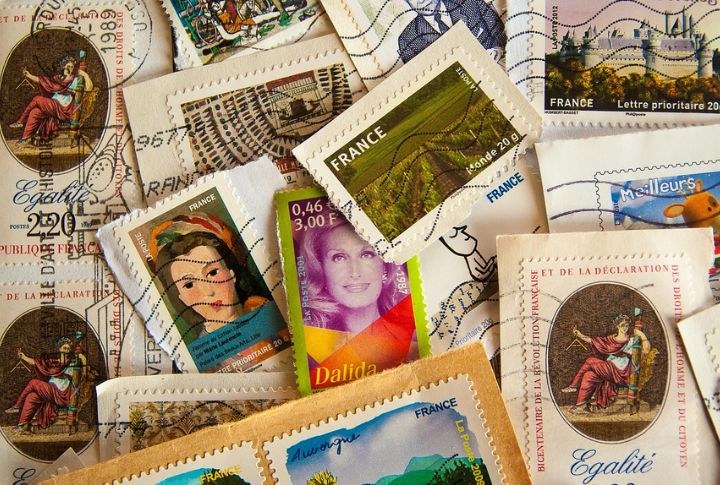
Collections often start with passion but can become burdensome over time. If items like figurines, stamps, or souvenir magnets don’t make you happy or serve a purpose, it’s time to reassess. Many collectibles also lose resale value over time unless they are rare. Rather than keeping everything, appraise what’s worth selling and donate the rest.
Excess Luggage
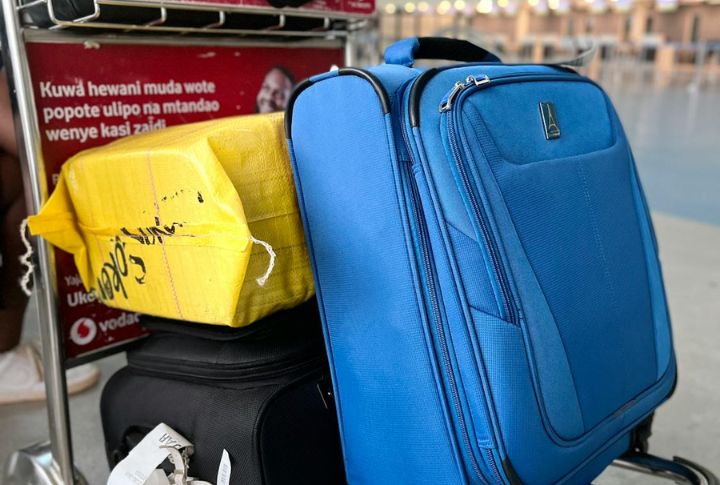
Retirement often brings lighter, more flexible travel—large suitcases and extra luggage sets may not fit this lifestyle. Airlines now charge more for checked bags, encouraging minimalist packing. You can keep one dependable carry-on and a mid-sized suitcase at most. The rest can be donated to shelters or community thrift stores.
Gifts Kept Out Of Guilt

Holding on to gifts you don’t like or use can create emotional clutter. If the item doesn’t align with your current needs or taste, it’s okay to let it go. Alternatively, rehoming it allows someone else to enjoy it meaningfully. The sentiment behind the gift will still remain even after the object is gone.
Old Magazines And Newspapers

Stacks of outdated reading material rarely get revisited and can attract dust and pests. Most articles and features are archived online, making physical copies redundant. According to the EPA, paper accounts for 23% of landfill waste. It is advisable to recycle old issues and keep only a few with archival or sentimental value.
Instructional DVDs And CDs

Media like fitness DVDs or PC software often become outdated or unusable with modern devices. Most newer laptops no longer include optical disc drives, making access to discs difficult. Additionally, streaming services and apps have largely replaced traditional physical instructional media. It’s best to digitize what’s valuable and recycle the rest.
Broken Items Waiting For Repair
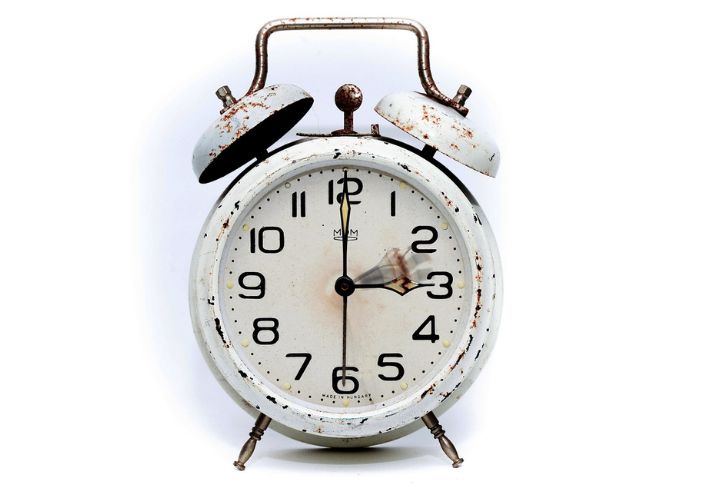
Sometimes, a lamp with a frayed cord or a watch missing parts sits around “just in case.” If repairs haven’t happened within a few months, they likely never will. Visit your town’s repair cafe if it has one. Otherwise, responsibly discard or recycle.
Excess Bedding And Towels
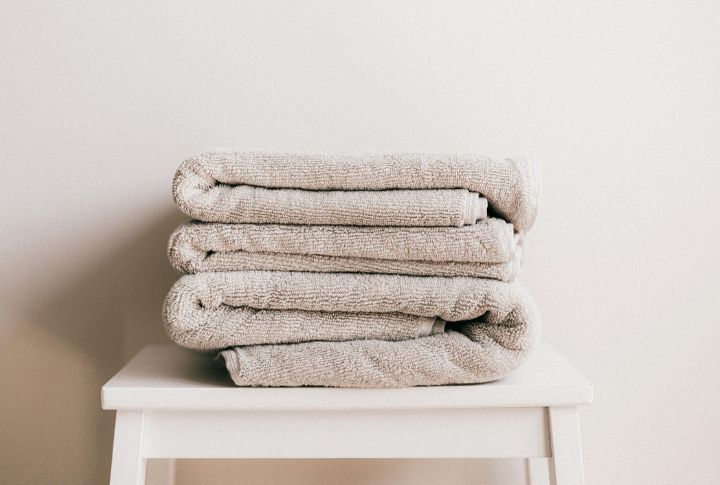
Linen closets commonly overflow with more sheets and towels than needed. Experts recommend two sets of bedding per bed and three towel sets per person. Every extra linen will likely go unused for years, collecting dust or mildew. It can be donated to animal shelters that frequently welcome donations of clean bedding and cleaning supplies.

